Africa's Largest Democracy Goes To The Polls
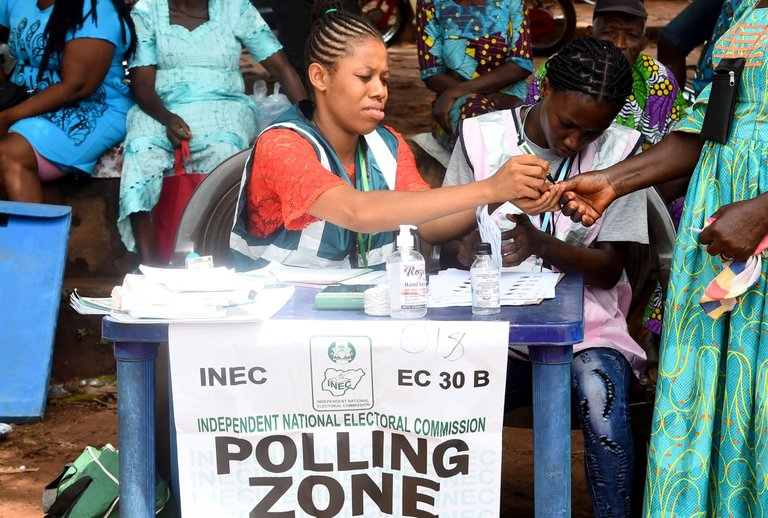
An INEC official marking an electorate
Elections in Nigeria play a critical role in determining the fate of the country as elected officials are responsible for governance and economic development. The choices made by Nigerians during elections can either lead the country towards progress or regression. Although the last presidential election was in 2019, it was a keenly contested election in which the incumbent president, Muhammad Buhari, won a second term. However, as his tenure comes to an end, many Nigerians are dissatisfied with his performance due to numerous challenges such as unemployment, unstable power supply, inflation, weak currency, fuel scarcity, and emigration of Nigerians. These issues have raised the interest of Nigerians in governance as they now understand that the choices made during elections determine the quality of life they experience.
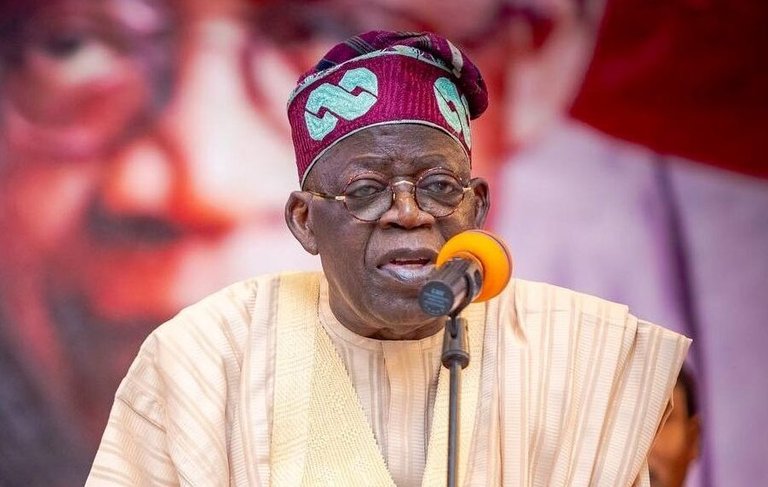
Bola Ahmed Tinubu, presidential candidate of the APC
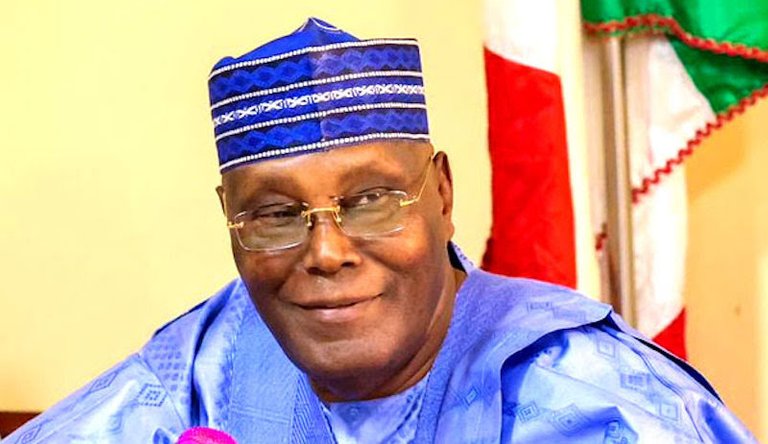
Atiku Abubakar, presidential candidate of PDP
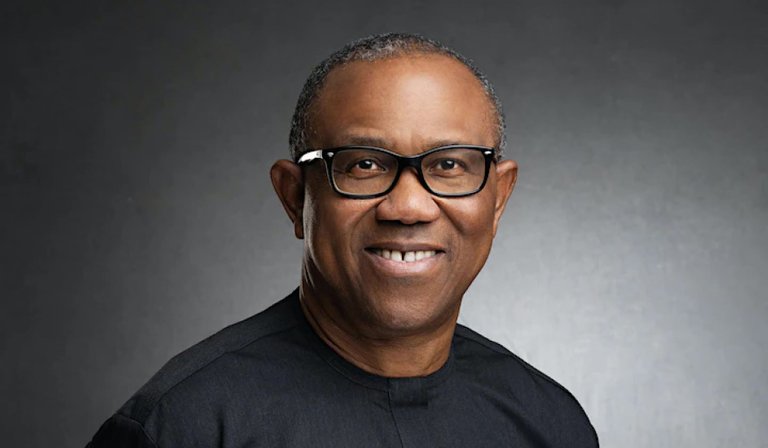
Peter Obi, presidential candidate of LP
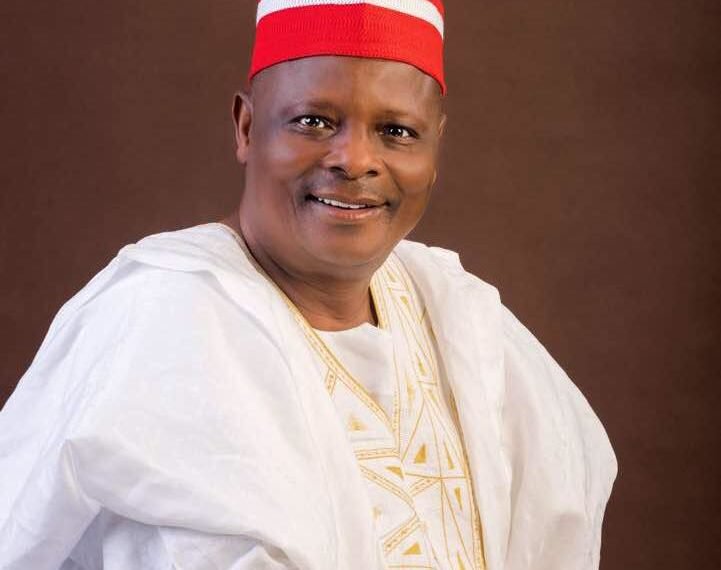
Rabiu Kwankwaso, presidential candidate of the NNPP
The presidential and federal legislature elections were scheduled for February and is to be conducted by the Independent National Electoral Commission (INEC). Unlike the previous election, there were four top contestants vying for the presidency in this year's election. The contestants are Bola Ahmed Tinubu of the All Progressives Congress (APC), Atiku Abubakar of the Peoples Democratic Party (PDP), Peter Obi of the Labour Part (LP), and Rabiu Kwankwaso of the New Nigeria Peoples Party (NNPP). All the front-runners for the election are seasoned politicians and are familiar with the country's political landscape. They swung into action during the period allotted for campaigns and tried to convince electorates on why they are the best qualified candidate to lead the country.
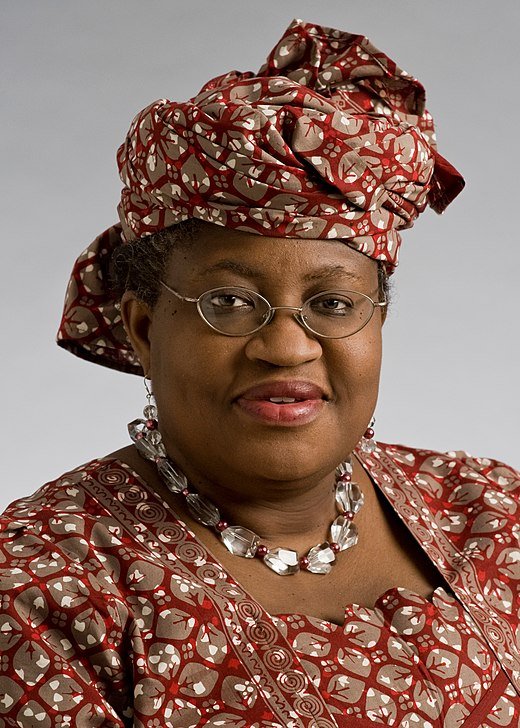
Dr. Ngozi Okonji Iweala was unable to vote early at her polling unit
The campaigns of the political parties came to an end, and all attention shifted to the elections with each contestant being optimistic of becoming the next president of Nigeria. President Buhari and the INEC had assured Nigerians of conducting a credible election. The elections took place as planned, and Nigerians trooped out en masse to cast their votes. However, a few hours after the commencement of the elections, reports emerged of the absence of INEC officials and materials for the conduct of the exercise from various polling units across the country. The Director General of the World Trade Organisation (WTO), Dr. Ngozi Okonji Iweala, was one of the affected electorates who disclosed this development via a tweet on Twitter. This was followed by reports of attacks on electorates, carting of ballot boxes, and vote buying, which led to chaos in some areas. However, after some time, the situation was resolved by security operatives from the Nigerian police force and the military.
Despite the challenges, the participation of electorates in the elections was commendable, with many adhering to the guidelines of the exercise and waiting at their respective polling units to have their votes counted. The collation of results from the various states took four days to complete. At the end of the process, the INEC announced the candidate of the ruling party, APC, Mr. Bola Ahmed Tinubu, as the winner of the presidential election. However, the top contestants at the polls and their respective parties rejected the announcement, alleging that the results of the election were manipulated. The aggrieved parties called for the cancellation of the election and demanded a rerun be conducted by the INEC.
As the countdown of the assumption into office of a new administrator begins, it is critical that all and sundry realize the importance of elections in Nigeria and how it can define the country's progress and development. The choices made during elections determine the quality of life Nigerians experience. The conduct of credible elections is essential for democracy and the country's stability. It is imperative that the INEC conducts credible elections, and security operatives ensure the safety of electorates and the transparency of the process. It is also important that politicians accept the outcome of the election and resort to legal means to resolve any grievances. Nigerians deserve a stable democracy, and their leaders must work towards achieving this goal.
Thanks for reading,
Have a splendid day folks.
all image source were added in photo caption.
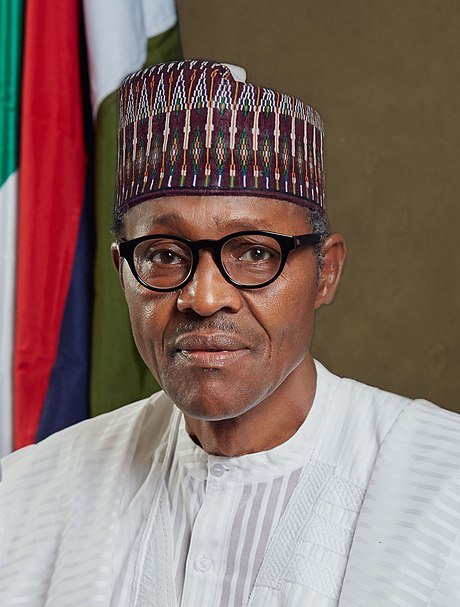
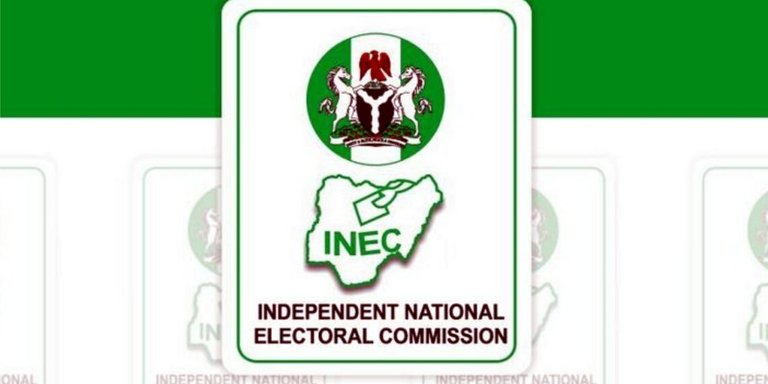
Hi @udezee, your post has been upvoted by @bdcommunity courtesy of @rem-steem!
Support us by voting as a Hive Witness and/or by delegating HIVE POWER.
JOIN US ON